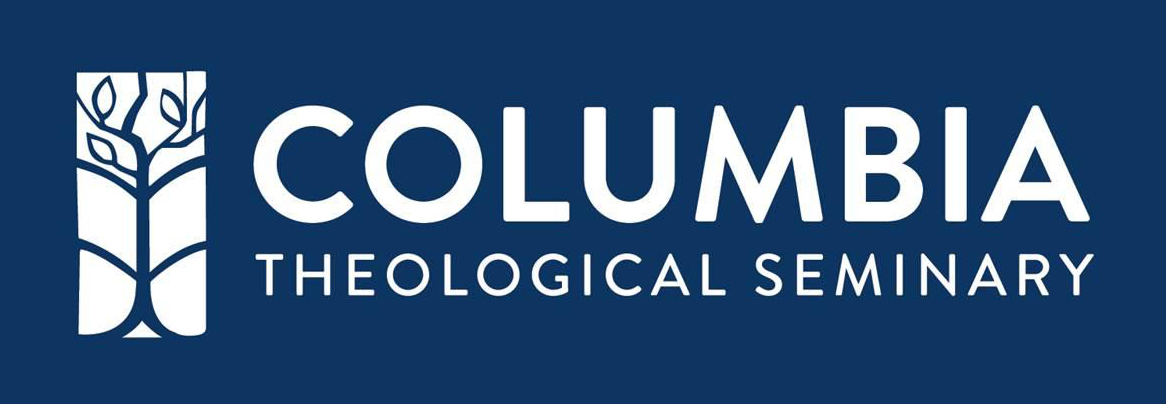As we forgive [videorecording] / Mpower Pictures presents in association with Priddy Brothers and Mpower Distribution ; an Image Bearer Pictures production ; a film by Laura Waters Hinson ; executive producers, Stephen McEveety, John Priddy, Ed Priddy, John Shepherd ; produced, directed and edited by Laura Waters Hinson.
Contributor(s): Hinson, Laura Waters [drt, pro] | McEveety, Stephen [pro]
| McEveety, Stephen [pro] | Priddy, John [pro]
| Priddy, John [pro] | Priddy, Ed [pro]
| Priddy, Ed [pro] | Shepherd, John [pro]
| Shepherd, John [pro] | Farrow, Mia [nrt]
| Farrow, Mia [nrt] | MPower Pictures
| MPower Pictures | Priddy Brothers Entertainment (Firm)
| Priddy Brothers Entertainment (Firm) | Image Bearer Pictures
| Image Bearer Pictures | Sound Enterprises (Firm)
| Sound Enterprises (Firm)
Material type:  FilmPublisher: [Santa Monica, Calif.] : Mpower Pictures, 2009Distributor: Spokane, WA : Distributed by Sound Enterprises, Inc. Description: 1 videodisc (53 min.) : sound, color with black and white sequences ; 4 3/4 in. + 1 insert (1 sheet (2 unnumbered pages) : illustrations ; 19 cm)Content type: two-dimensional moving image Media type: video Carrier type: videodiscSubject(s): Rwandans
FilmPublisher: [Santa Monica, Calif.] : Mpower Pictures, 2009Distributor: Spokane, WA : Distributed by Sound Enterprises, Inc. Description: 1 videodisc (53 min.) : sound, color with black and white sequences ; 4 3/4 in. + 1 insert (1 sheet (2 unnumbered pages) : illustrations ; 19 cm)Content type: two-dimensional moving image Media type: video Carrier type: videodiscSubject(s): Rwandans| Item type | Current library | Shelving location | Call number | Copy number | Status | Date due | Barcode | |
|---|---|---|---|---|---|---|---|---|
 Media
Media
|
John Bulow Campbell Library | Media | DT450.44 .A89 2009 (Browse shelf(Opens below)) | 1 | Available | 0182903399851 |
Browsing John Bulow Campbell Library shelves, Shelving location: Media Close shelf browser (Hides shelf browser)
| No cover image available |
|
|
No cover image available | No cover image available | No cover image available | No cover image available | ||
| DS119.7 .T968 2012 Two sided story Shnei panim le-sipur = Lil-qiṣṣah wajhān / | DT14 .A37 2017 DISC1 Africa's great civilizations | DT14 .A37 2017 DISC2 Africa's great civilizations | DT450.44 .A89 2009 As we forgive | DT636.5 .P73 2008 Pray the devil back to hell | E99.D1 D35 2012 Dakota 38 | E184.A1 M57 2006 Mirrors of privilege making whiteness visible / |
DVD-video; Region 0 (All); Dolby digital sound 5.1; widescreen presentation.
In English and Kinyarwanda with subtitles in English; closed-captioned.
Narrated by Mia Farrow; commentators, Fatuma Ndangiza, Bishop John Rucyahana, Rev. Stephen Gahigi.
Cinematography, Kasey Kirby, Laura Waters Hinson ; musical score, Lenny Williams, Chris Biondo ; translators, Emmanuel Kwizera, Emmanuel Mutangana.
MPAA Rating: Not rated.
Could you forgive a person who murdered your family? This is the question faced by two Rwandan women coming face-to-face with the men who slaughtered their families during the 1994 genocide. Overwhelmed by an enormous backlog of court cases and overcrowded prisons, in 2003 40,000 convicted genocide perpetrators were released back into society. Life goes on after the genocide, but now former murderers must coexist with victims. The film tells first-hand stories of those most directly affected by genocide's ruthless blade: the orphans, widows, and killers. The film highlights the escape stories of two women, and the men who slaughtered their families. The men seek forgiveness, and the women come face-to-face with doubt, fear, and the nature of forgiveness. The shattered lives of these victims are being restored through forgiveness and reconciliation, as victims and offenders find peace.
Bonus materials: Left to tell: Immaculée Ilibagiza's story [preview] (3 min.); insert includes quick discussion guide.
Student Academy Awards: Gold Winner, Best Documentary; 2008 Angelus Student Film Festival, Best Documentary; Heartland, Crystal Heart Award; National Geographic All Roads Film Festival: Audience Choice Award;

